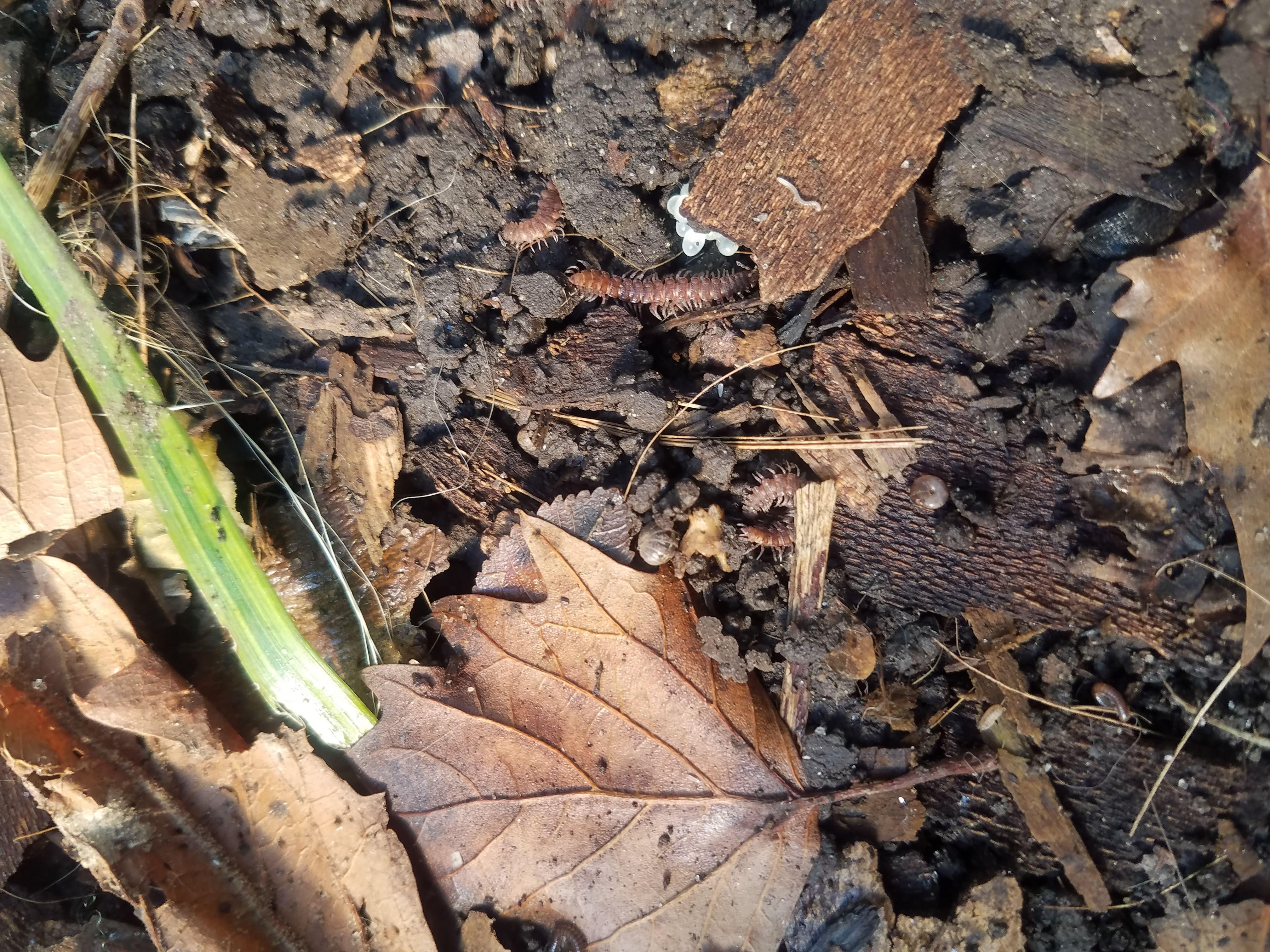This site uses cookies – Learn more.
Leaving the Leaves
Leaving the Leaves

Traditional urban horticulture once saw fallen leaves as an unsightly place where harmful fungi, pests, and other nuisances would reside. Today, we understand that leafless beds not only keep out harmful insects and fungi, but they prevent good fungi, bacteria, and insects from overwintering. These sterile, leafless environments block the formation of healthy ecosystems, and can lead to the degradation of soil which can be damaging to plants when there are drastic changes in temperature.
Last year, we changed our operations to ensure that all bed and lawn leaves are directly recycled into leaf mulch which is distributed in garden beds. Mulch reduces the amount of water needed to evaporate into soil, keeps plants moist, reduces soil erosion, and suppresses the growth of weeds. Only organic mulch, like ours, is broken down by soil microbes, releasing nutrients back into the soil as they break down into humus. This dark black, earthy material improves soil aeration, water drainage, and even helps the soil hold onto nutrients that would otherwise be lost when it rains, overall contributing to a healthier, living soil.
While any organic substance will eventually be broken down by soil microbes, we have decided to use the fallen leaves to recycle what is already available in the Park. With our new leaf vacuum and mulcher, which you can spot our team using to remove and redistribute leaves in the garden beds, we can suck up the fallen leaves and shred them before they are laid down as mulch. After being shredded, the leaves break down much faster and should be completely composted within two years. This is an especially important step in our Park as we have many oak trees, whose leaves contain compounds that are hard to break down.
Aside from the horticultural benefits of mulch, leaving our leaves provides benefits to the other organisms that make up our urban ecosystem. Soil-dwelling animals are common residents of leaf mulch. The layer of leaves creates an insulating effect that keeps the soil underneath warmer, which makes winters easier for microorganisms. In addition, many soil-animals are detritivores, which means they consume dead organic matter like leaves. Fungi are often overlooked, but they are important decomposers that love to break down leaves, further contributing to the release of nutrients to our garden plants.
Next time you are in the Park, take a look into a garden bed and reflect on all of the plants, flowers, animals and microorganisms that make up this thriving ecosystem, thanks in part to fallen, recycled leaves.



